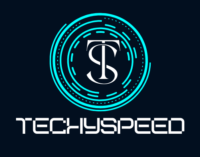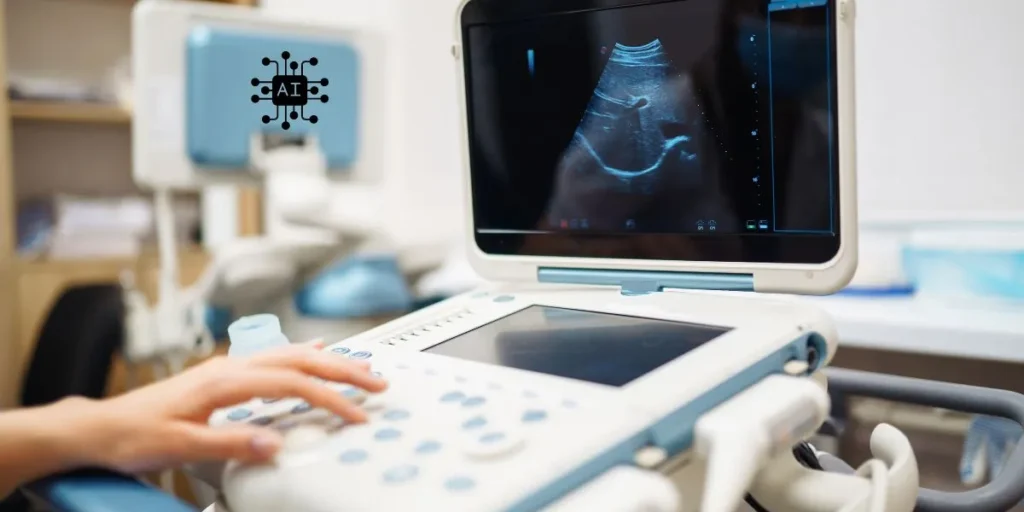What happens when cutting-edge AI Ultrasound Tech meets the real-world needs of developing countries? Google is testing the limits of medical innovation in Kenya, aiming to make life-saving diagnostics more accessible than ever before.
African healthcare systems have long been marked by the scarce availability of healthcare infrastructure, a problem that has only increased in rural and marginalized areas. And now, Google is finally responding to one of the continent’s biggest health issues: maternal care. The company is set to launch AI-enabled ultrasound technology in hospitals around Kenya.
What is Google AI Ultrasound Technology?
Google AI Ultrasound technology is expected to aid doctors in scanning patients in ultrasound settings without requiring them to have massive education. This AI device allows the operator to capture sharp images of the patient and is relevant to detecting matters regarding the health of the mother as well as the fetus.
This technology uses an algorithm that guides machine learning that walks the user through how to take images, flag abnormality, and even tell them guidance on further treatment.
Why Kenya?
Due to the peculiar health challenges in the country and the growing need to be innovative in the services being administered, Kenya is now one of the frontline places where AI-based healthcare solutions are being adopted. Some instances of maternal deaths are preventable because of the unavailability of timely prenatal diagnostics, according to a report from the Borgen Project.
Recent Update: AI in Radiology: How Digital Health is Revolutionizing Medical Imaging
Google’s AI-assisted ultrasound project is a solution to this challenge since it offers deployable and user-friendly machines to be able to distribute to even the most remote clinics so early detection of complications associated with pregnancy can occur.
Mechanics of AI Ultrasound in Kenya
At the core of, AI Ultrasound in Kenya is using a handheld ultrasound with Google’s proprietary algorithms. The AI works in real-time by giving the health worker cues that can guide her on how to take the most excellent quality images even though she need not be medicated.
The launch of the Social Health Insurance Fund (SHIF) on October 1st marks a pivotal moment for Kenyan healthcare. This program will empower citizens by providing comprehensive coverage and ensuring that quality healthcare is no longer a privilege but a right. #TwendeKazi https://t.co/Lg8v7e60es pic.twitter.com/m4E3BOwvsK
— Mzalendo (@viosam18) September 21, 2024
This technology is more impactful in remote and deprived regions, as more conventional ultrasound machines are either unavailable or unaffordable. Business Daily Africa reports that the devices are being piloted together with hospitals and healthcare providers in Kenya, and if they work, they will be ready for roll-out even in the vast parts of the country.
A Life-Saving Tool for Maternal Healthcare
The rates of maternal and infant mortality are still at very high rates in Kenya, with the circumstances in rural areas being worse due to lack of access to healthcare. According to Right to Care statistics, as many as 50% of pregnant women in rural areas do not attend even the most basic prenatal checkup to monitor themselves and their fetus.
Everything is about to change thanks to Google’s AI Ultrasound Tech. As some of these communities are visited with portable ultrasound machines, AI will also aid health workers in detecting complications, like breech pregnancies or distress in the fetus, thus allowing for timely interventions.
Early Results and Future Potential
The pilot program is very young, and already the effects are positive. For example, feedback from health workers in terms of using Google AI Ultrasound is good, with many of them indicating that it has made the process of scanning much easier. The technological advancements developed by Google AI Ultrasound technology will be further continued in partnership with organizations such as Kabarak University and IntelliSOFT Consulting for smoother integration into Kenya’s health system.
The integration of the Healthcare Information Technology System is a game-changer for Kenya, ensuring that patient care is enhanced through real-time access to medical records. https://t.co/GIGYAJnOcB pic.twitter.com/OQRJqvjz5w
— NEDDIE ™ 👑🌹 (@Neddie001) September 21, 2024
Though it looks to directly solve the problem of boosting maternal healthcare, potential applications for this AI-assisted ultrasound technology are endless. “Once implemented and widely available, this technology can be applied in a whole range of diagnostic medical conditions, from infectious diseases to cardiovascular conditions, all without the need for special equipment or training,” says Reason.
A Step Towards Democratizing Healthcare
Google is testing the program, which will thus serve as an example for other developing countries in showing how technologies can bridge the gap in both healthcare settings – urban and rural alike.
In time, once the project begins to roll and take shape, it will be interesting to see how it unfolds and impacts healthcare systems all over the world. technology. The future of diagnostics may soon be imagined at an exponential level with AI; today, such services are not only more accessible but efficient and effective as well.
Stay up to tune with techyspeed.com to know more

